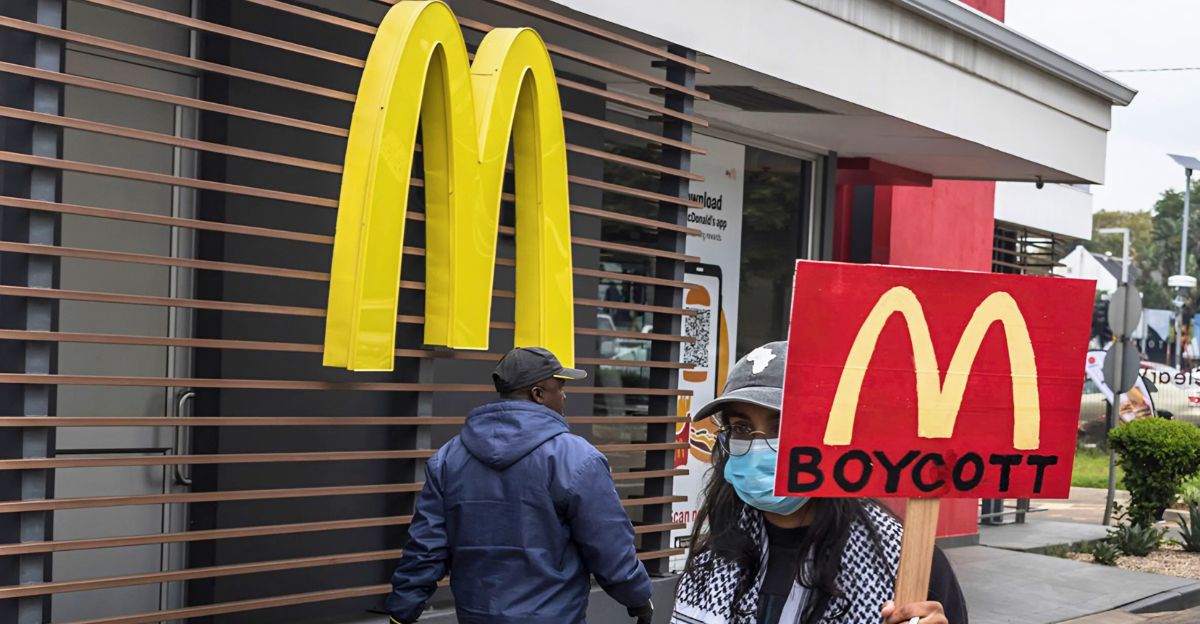
Something isn’t right under the famous golden arches. Fries may still fry and drive-thrus rumble, but a storm breeds in the backrooms. A boycott has made headlines and prompted angry responses from a number of McDonald’s senior executives.
What’s at the root of the controversy? Charges of corporate greed, reneging on diversity promises, and exploitation of workers.
But rather than crumpling or apologizing, McDonald’s has taken a stance—and not in the way everyone anticipated. The outcome? A high-stakes battle that has the potential to redefine the game for how America’s largest brands respond to public pressure.
A Supersized Showdown

What started as a modest protest soon swelled into an appeal for a national boycott against McDonald’s. Grassroots civil rights organization People’s Union USA charged burger giant McDonald’s with reneging on commitments of diversity and fairness.
But that wasn’t enough—they also accused McDonald’s of price-gouging, tax evasion, and stifling workers’ rights. For a company that positions itself as “America’s kitchen,” the allegations are painful—and daring.
Targets of the People’s Union
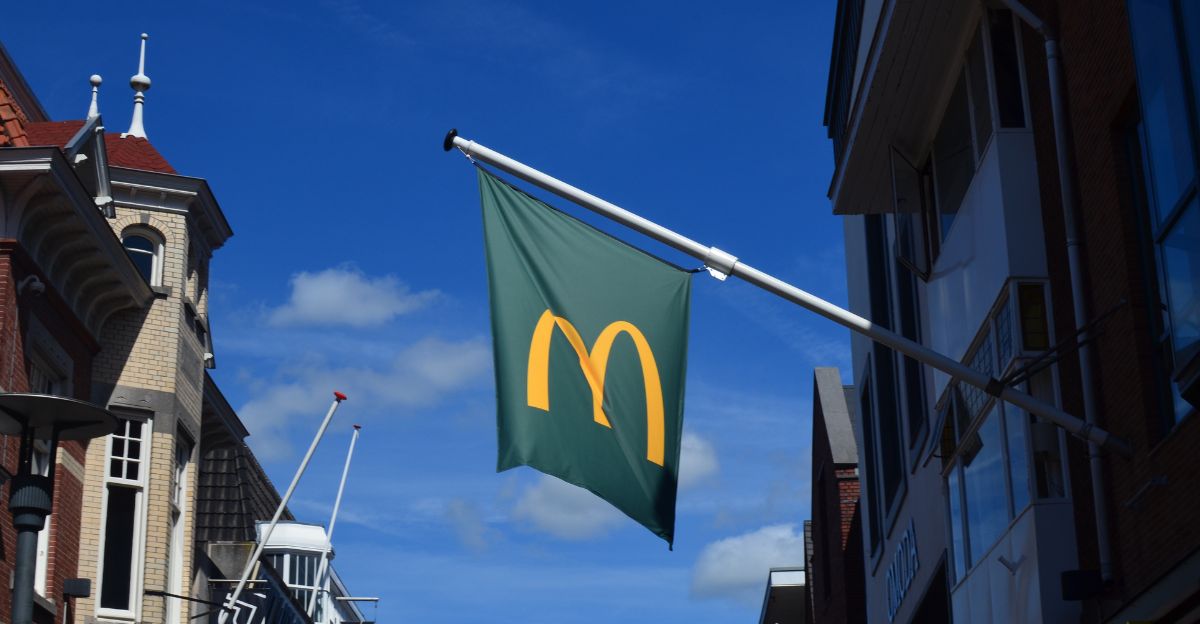
This is not The People’s Union USA’s initial rodeo taking on a corporate giant, but perhaps their biggest battle yet.
Following Walmart, Amazon, and Target, it’s now McDonald’s’ turn. Their message? Too many performative gestures.
They’re calling for actual change—particularly for employees, franchisees, and marginalized communities. But McDonald’s won’t go quietly into the night. Rather, it’s making a statement of its own.
The Boycott Begins
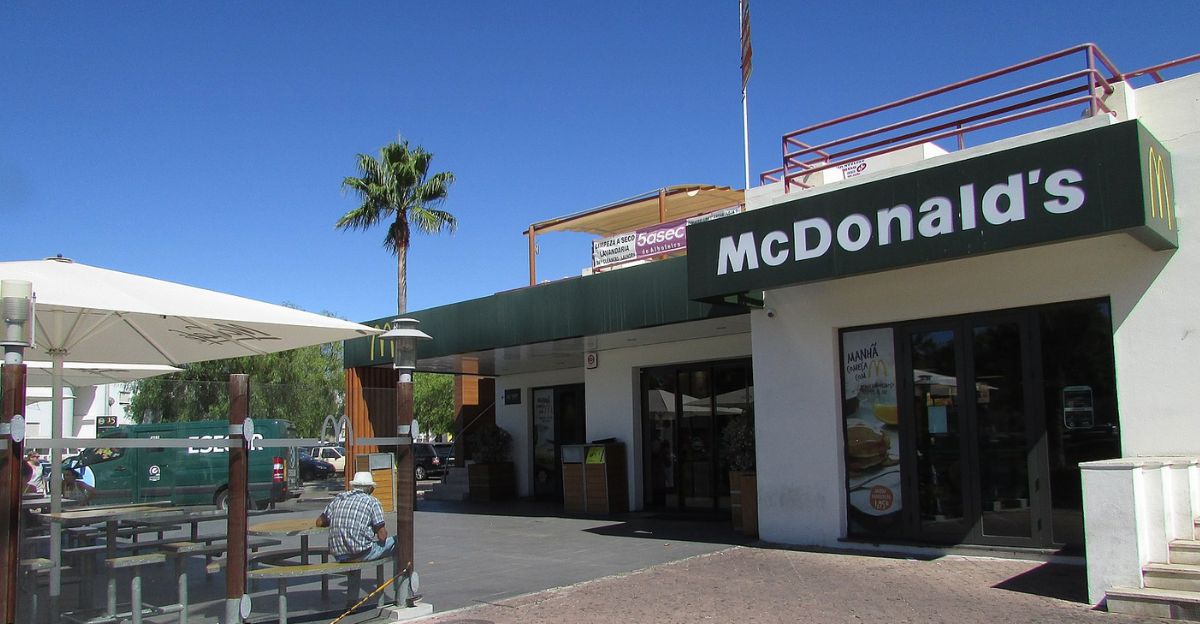
The boycott began on a Tuesday but swept rapidly to city centers and social media timelines. Protesters lined up outside restaurants with placards, videos went viral, and McDonald’s-practice-revealing tweets trended.
Organizers claim that it will only get stronger if the company does not reverse its course of diversity and fair treatment. But will it work? Or is McDonald’s too powerful to move?
Sliding Sales, Mounting Tensions

McDonald’s is not only in public disfavor—it’s also seeing dipping numbers. U.S. same-store sales fell 3.6% in May, the lowest decline since 2020’s pandemic madness.
It was blamed on higher prices and budget-conscious consumers by analysts. Its critics say it’s more than just inflation—it’s consumer outrage at a brand that increasingly appears disconnected.
Rather than compromising, however, McDonald’s pushed back—aided by corporate sheen—and something that bordered on defiance.
A Rebuttal Worded with Diplomacy

Accompanying its record in reaction to Newsweek, McDonald’s said it employs more than 800,000 people and supports thousands of local suppliers.
It underscored its role in local economies and tax bases. “Our commitment to inclusion remains steadfast,” the company asserted.
Others weren’t convinced, however. Critics say those are just good PR words over genuine issues. And some veteran insiders are revealing more.
The Franchisees Speak Out
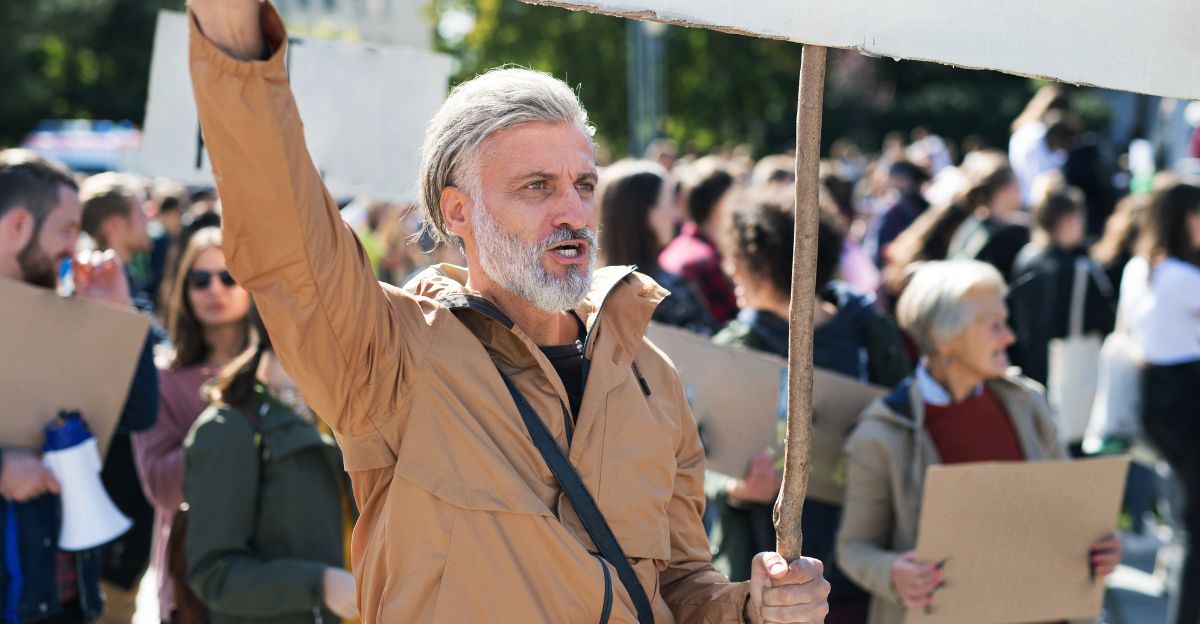
A coalition of Black former McDonald’s franchisees—who are already plaintiffs on a lawsuit against the chain—have also participated in the boycott since.
They claim they were steered into embattled neighborhoods, not helped, and eventually pushed out of the system.
Their message is direct: McDonald’s must keep its word and actually invest in and assist the communities it makes money from.
The DEI Reversal
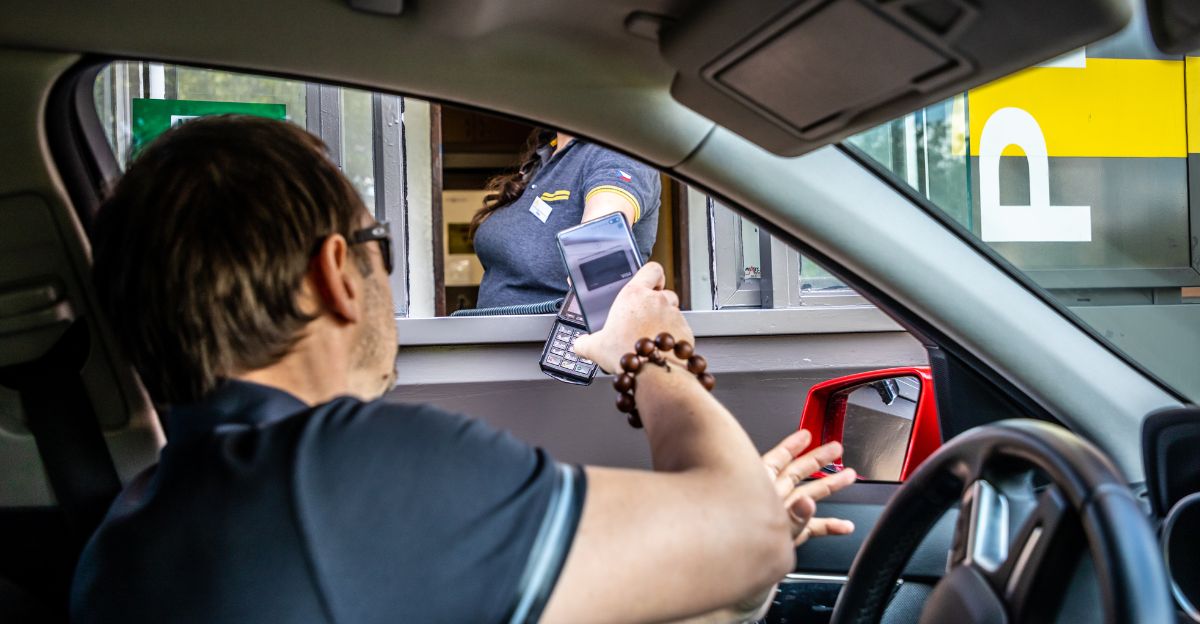
Earlier this year, McDonald’s glided quietly back on several of its diversity and inclusion targets. It dropped “aspirational representation” targets and watered-down language regarding supplier diversity.
Executives insist the crucial programming is not being altered, but activists are complaining. They decry the action as a sneak retreat from progress—a sign that corporate America cares more about appearance than achievement. And they’re not taking the spin at face value.
A PR Statement or a Real Stand?
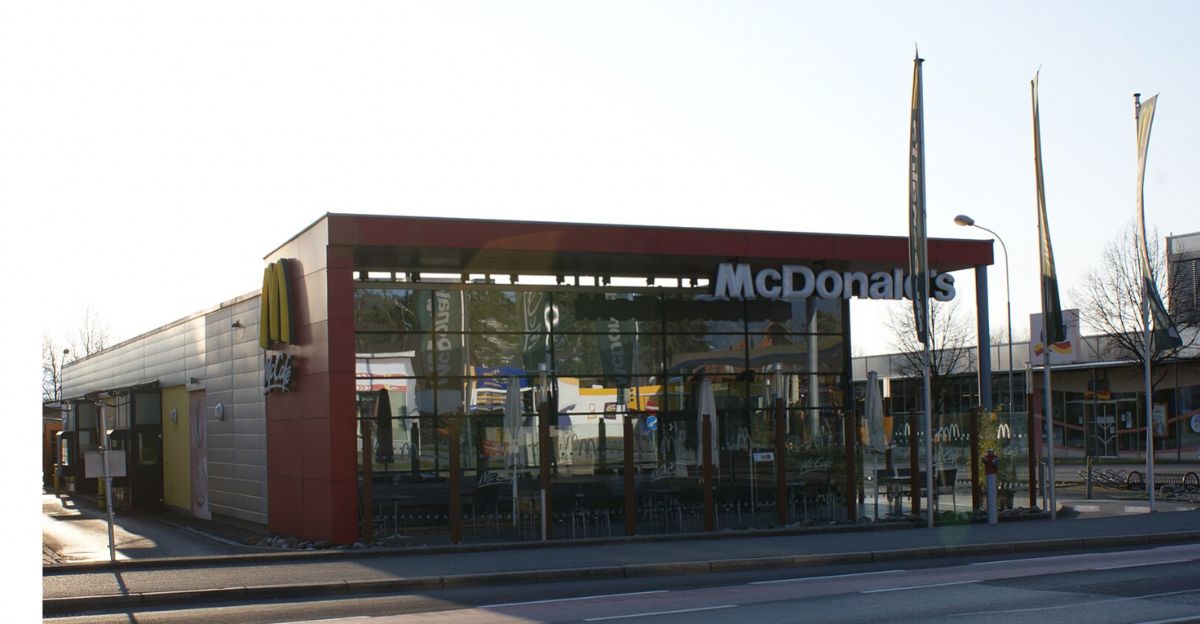
McDonald’s maintains it has been misrepresented. “We encourage open debate,” the company informed Newsweek, to counter “misleading remarks.”
But that has not dissuaded the critics. Plank holders believe that the fast-food giant is playing dumb while its billions wing their way in.
And with profits nearing nearly $9 billion this year, the contrast between business profits and worker conditions becomes increasingly impossible to ignore.
Behind the Message of the Protest
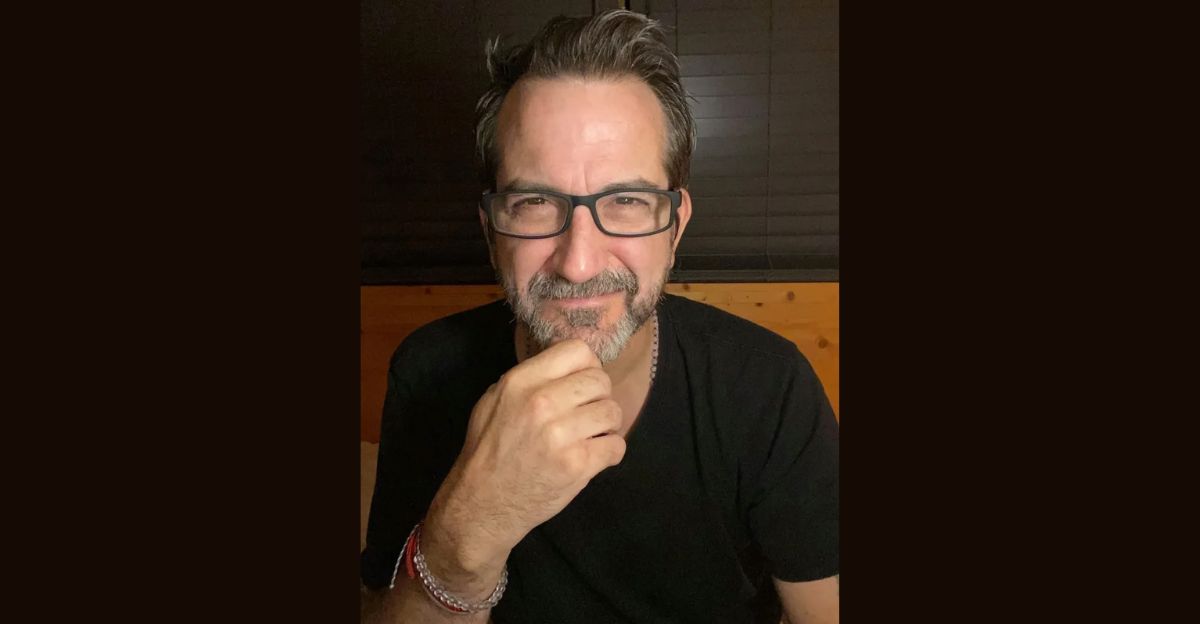
John Schwarz, founder of The People’s Union USA, sliced through all the branding with a candid speech: “This boycott isn’t about fast food. It’s about accountability.”
Schwarz contends McDonald’s empire was built on low wages, tax evasions, and anti-labor tactics. All that gleaming promotion and smiling workers?
Window dressing. For Schwarz, it’s not a marketing battle—it’s a settling of scores. And he is not going away.
A Cultural Crossroads
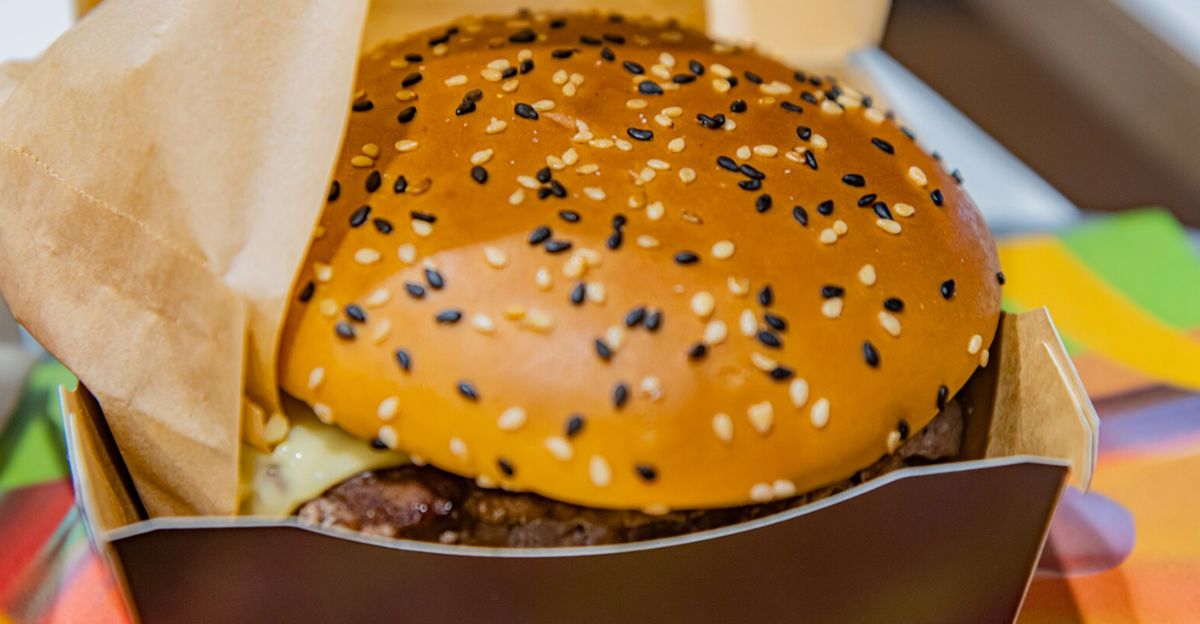
McDonald’s is not just a burger joint—it’s a cultural symbol. That means anything it does is under scrutiny on the global stage.
Still, critics say that a company that influential should take the lead, not trail behind. As controversies over fairness and justice are mounting, McDonald’s reaction could be an example for other companies that are similarly criticized. Is it taking the lead—or avoiding the headlines?
What’s Really at Stake
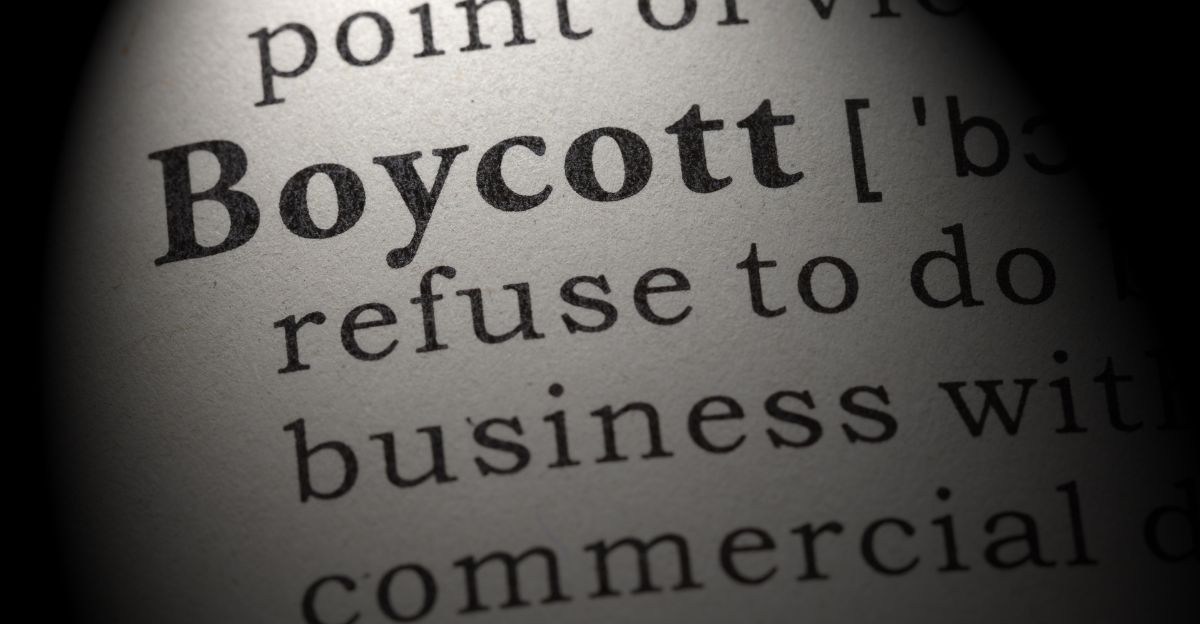
This battle is bigger than burgers and fries. It’s about the way American companies are reacting to pressure from workers, watchdogs, and consumers calling for more.
The DEI flip has revealed hidden tensions around race, justice, and who really is benefiting from billion-dollar dynasties.
And that as the boycott continues, both sides are burying themselves in. It’s not just fast food—it’s the future of corporate accountability.
Who Will Blink First?
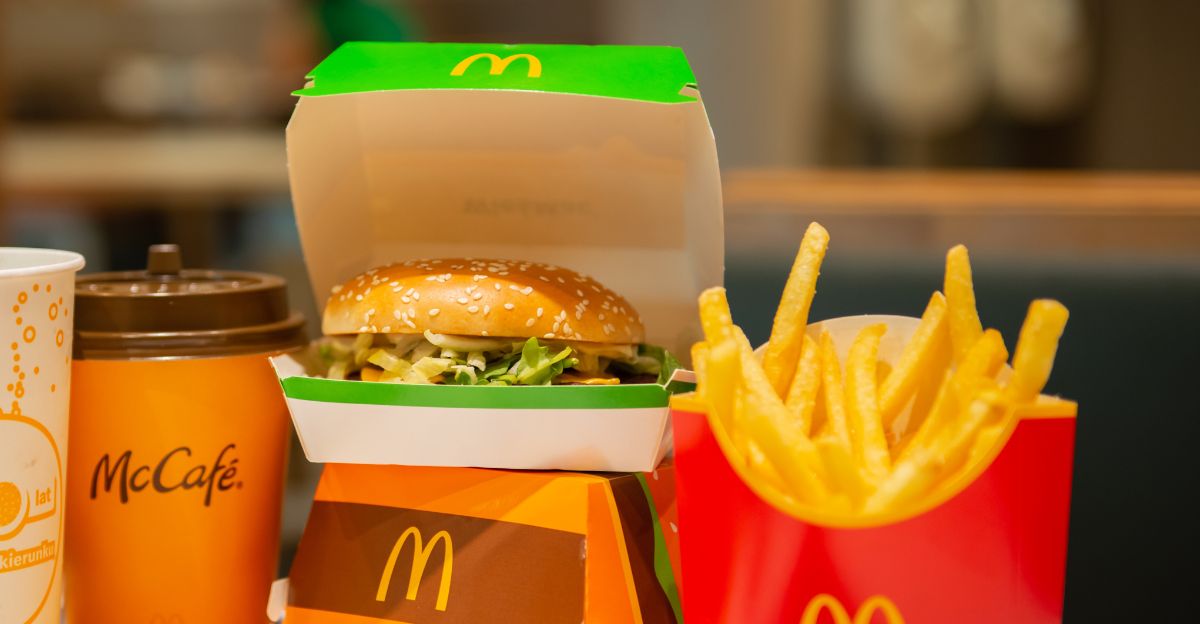
McDonald’s has stood firm thus far, doubling down on its position and vowing to “serve communities.” The protesters do not appear likely to blink, however.
Increasingly, people are taking sides—from community groups to former McDonald’s insiders—so this may be the start of a long, hot standoff.
It’s less a matter of whether the boycott will succeed, but whether McDonald’s can afford to turn a blind eye.
The Bigger Picture
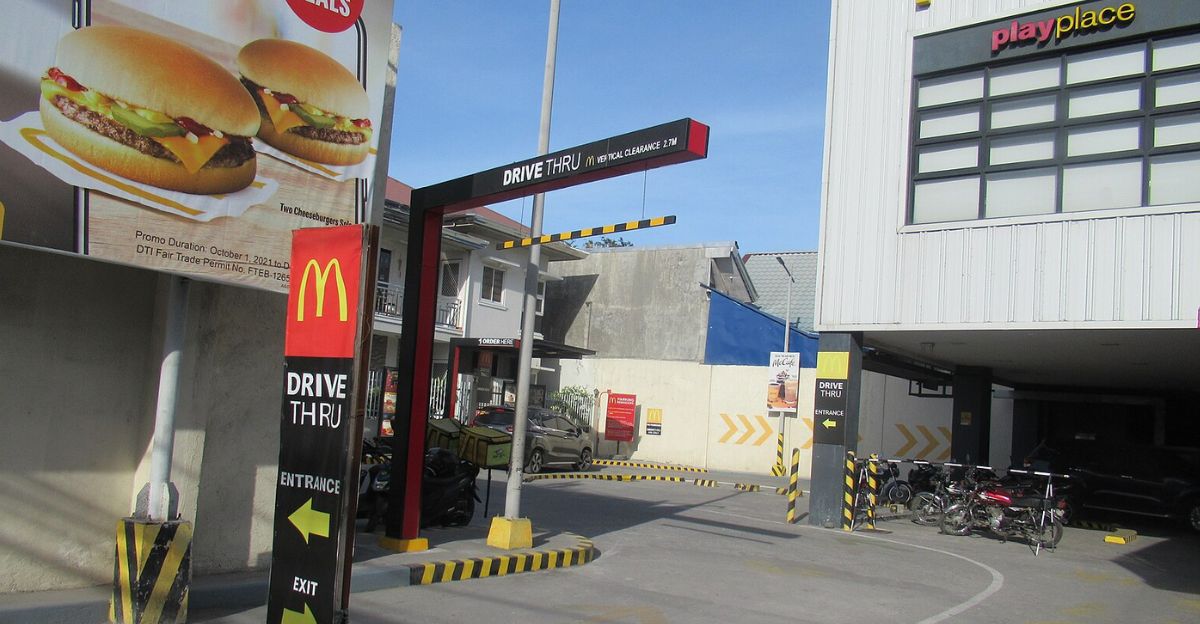
As a devoted customer or a cynic in the cheap seats, one thing is sure: something’s changing about the way Americans connect with big brands.
The McDonald’s protest is no anomaly—it’s the culmination of a widespread movement challenging the disconnect between profit and principle.
How the Golden Arches navigate this moment can be precedent-setting. But one thing is clear: people are listening—and the pressure’s on.
